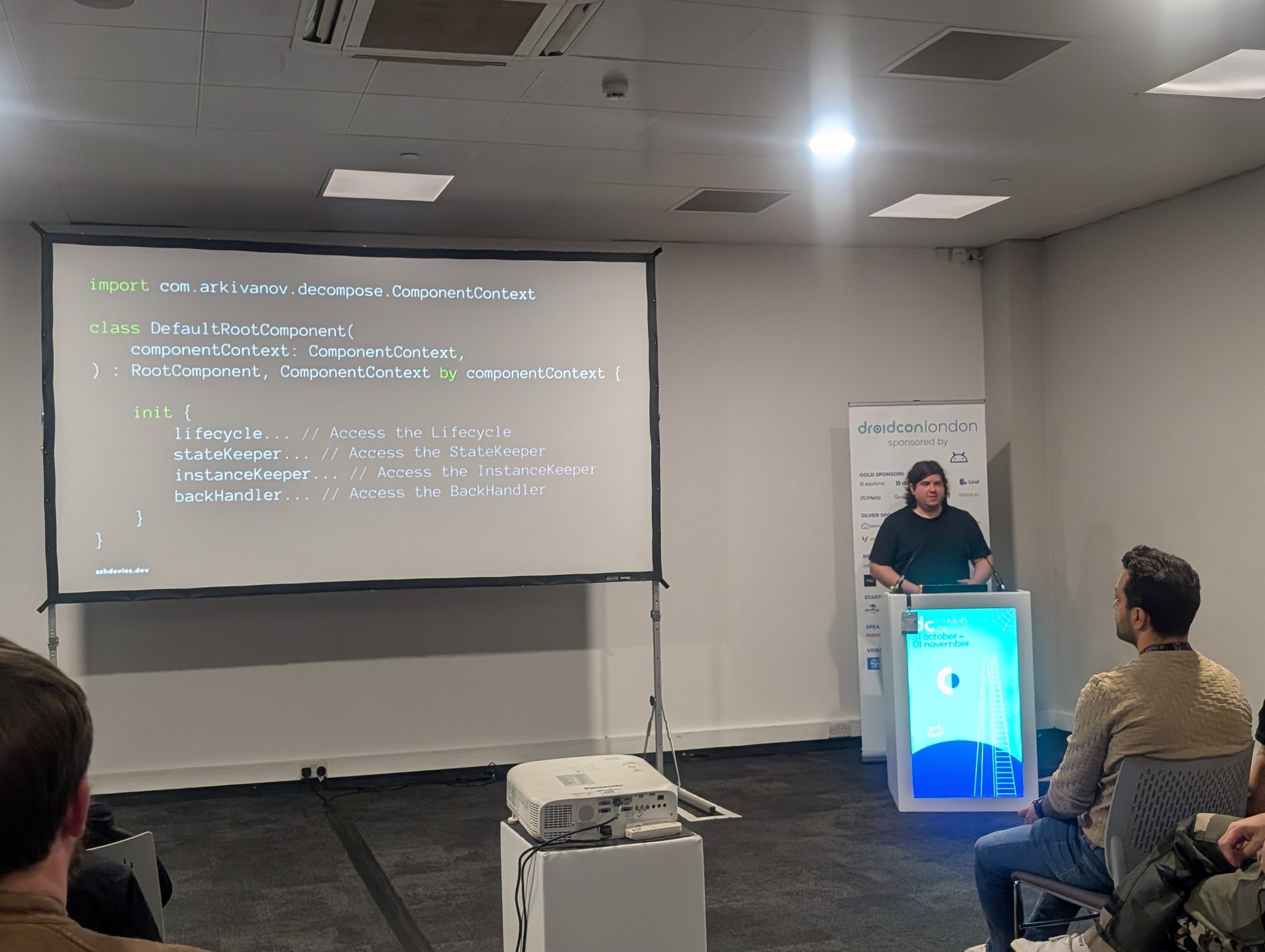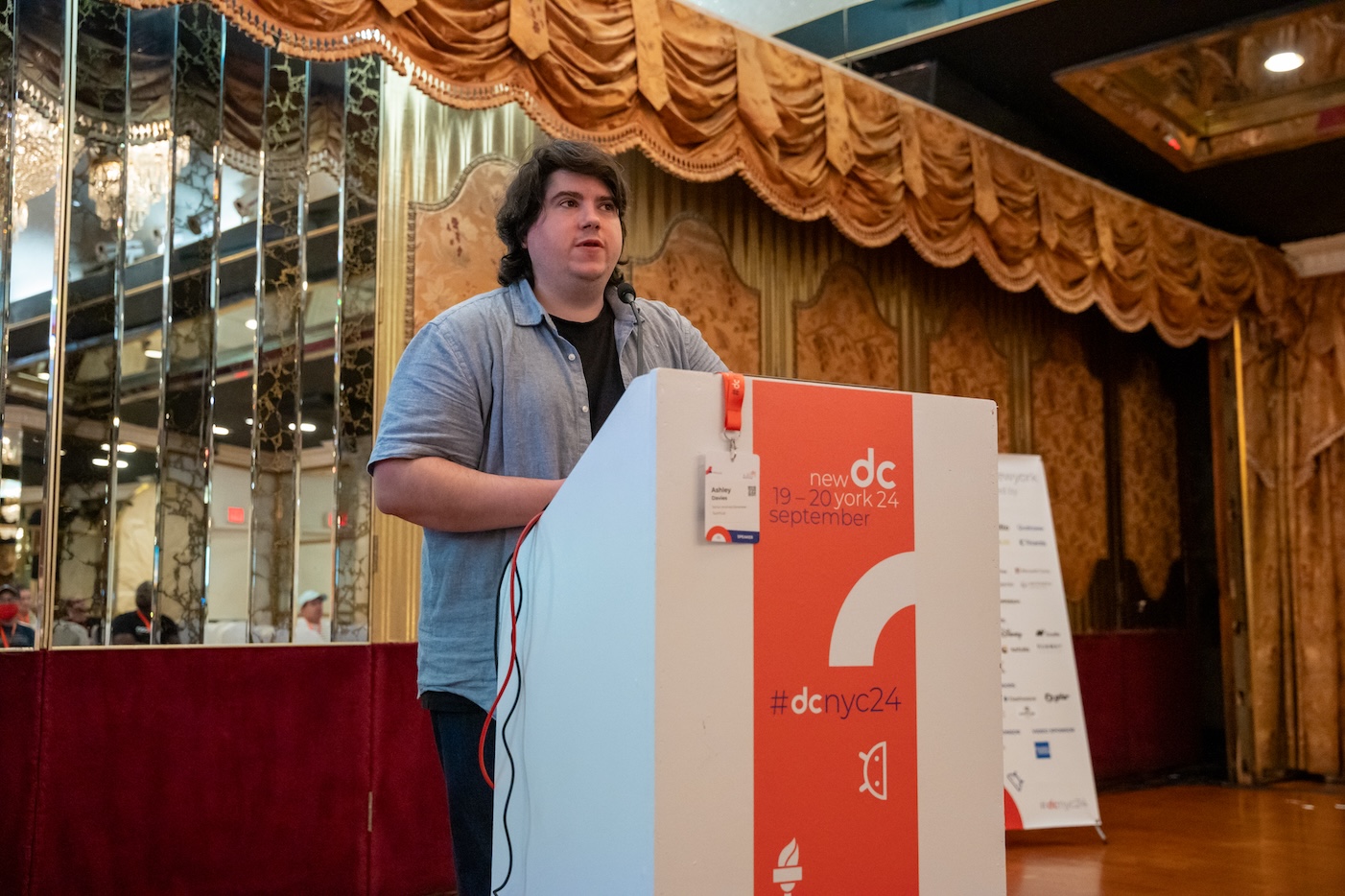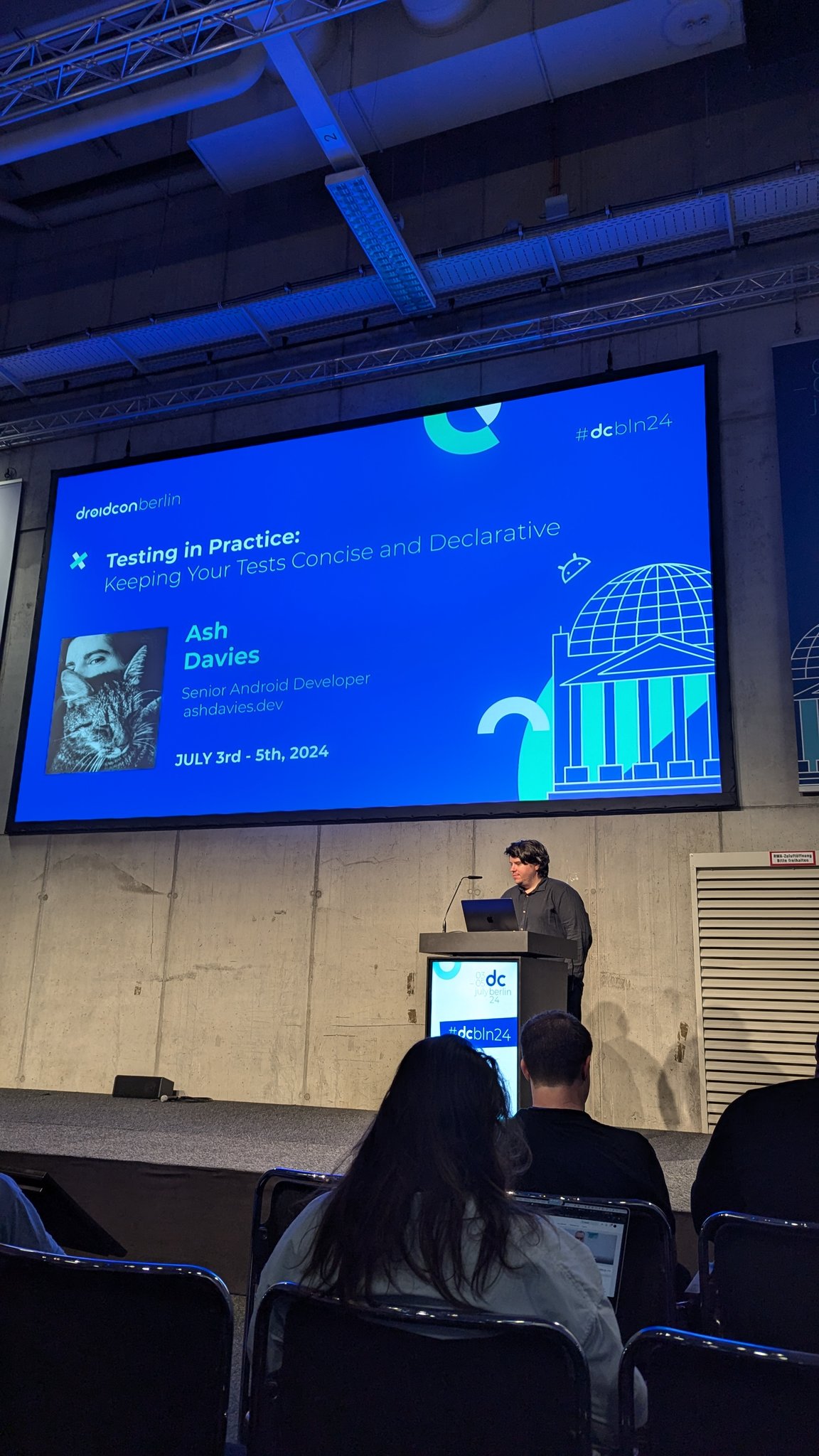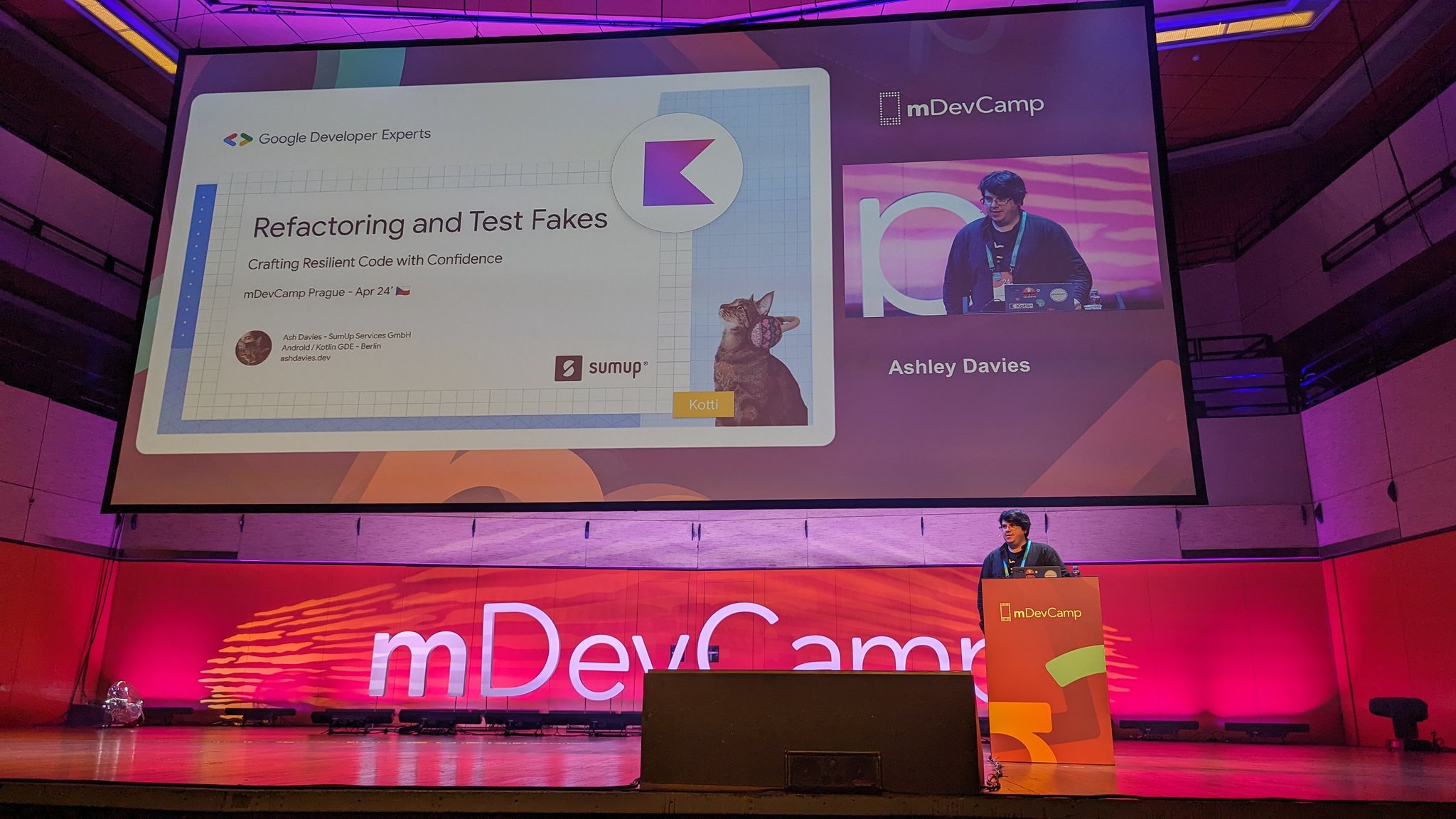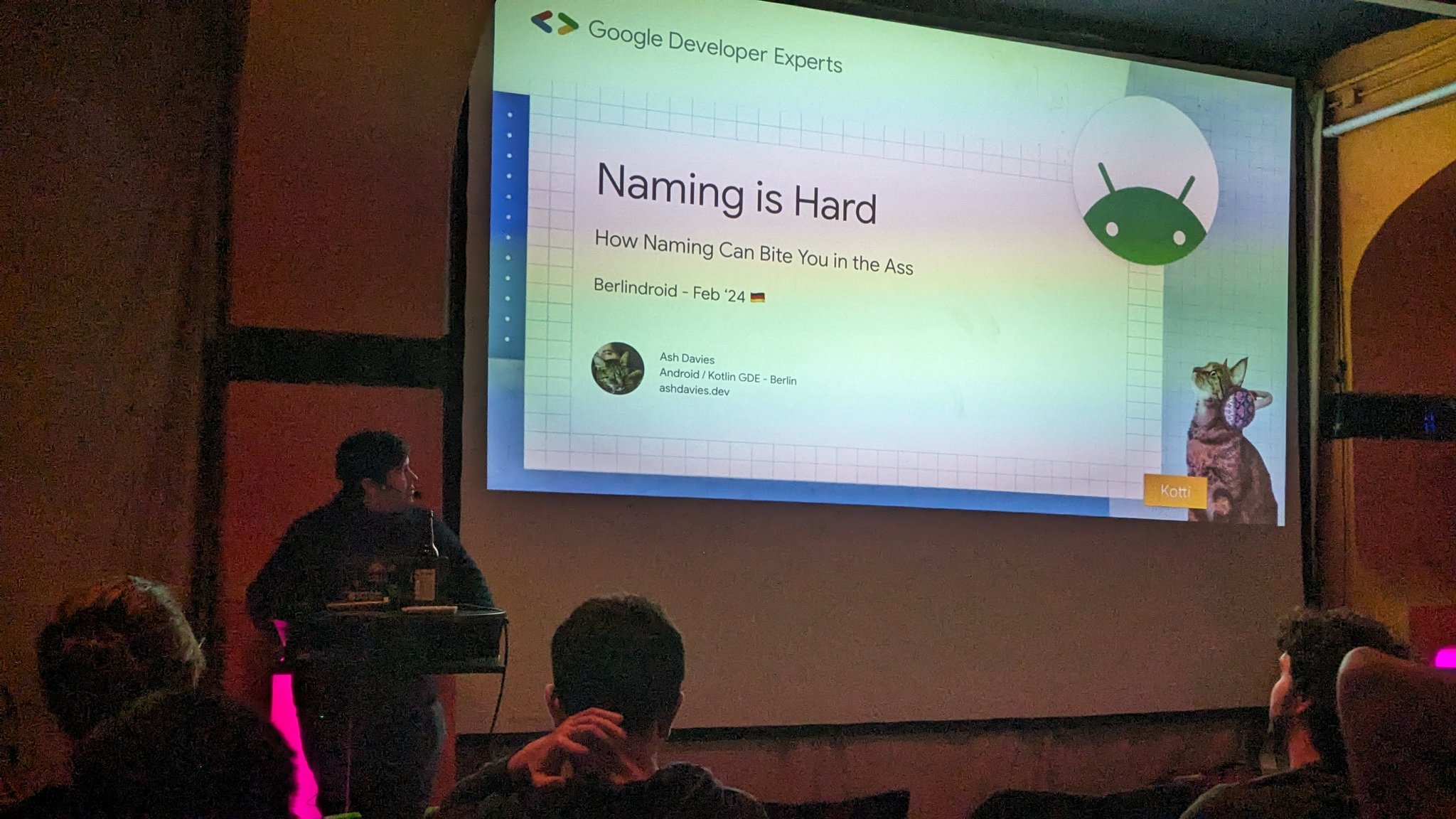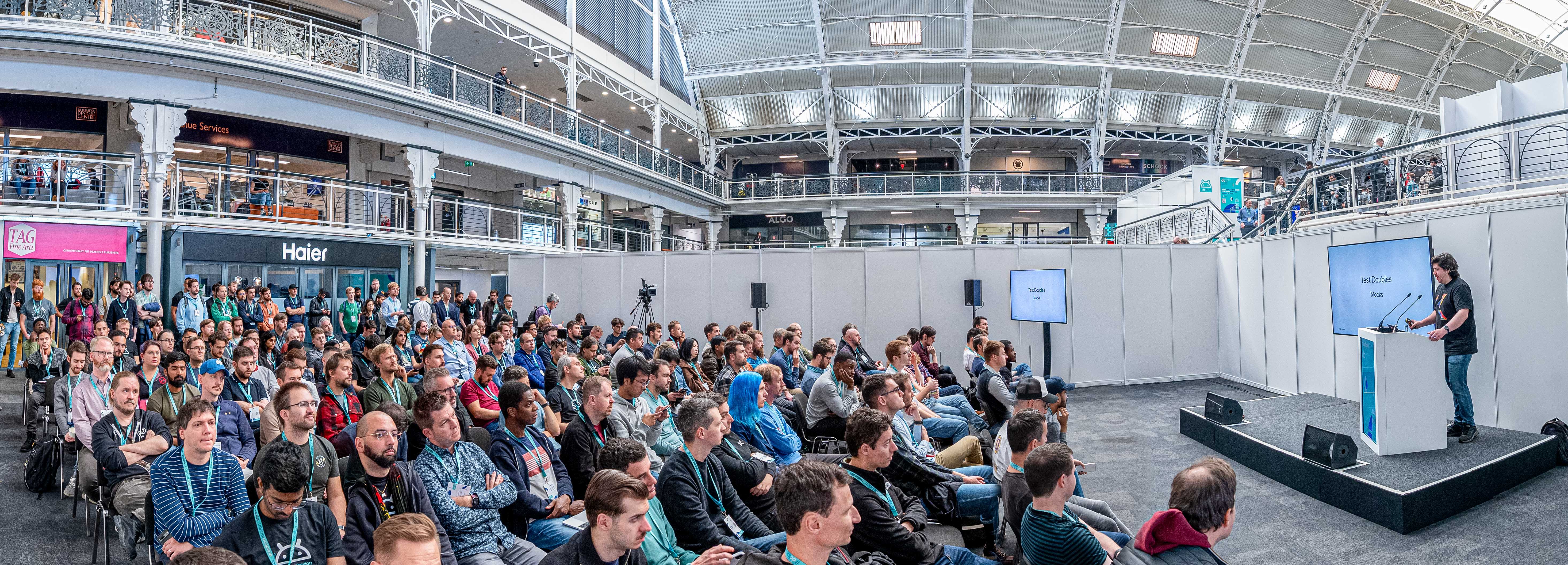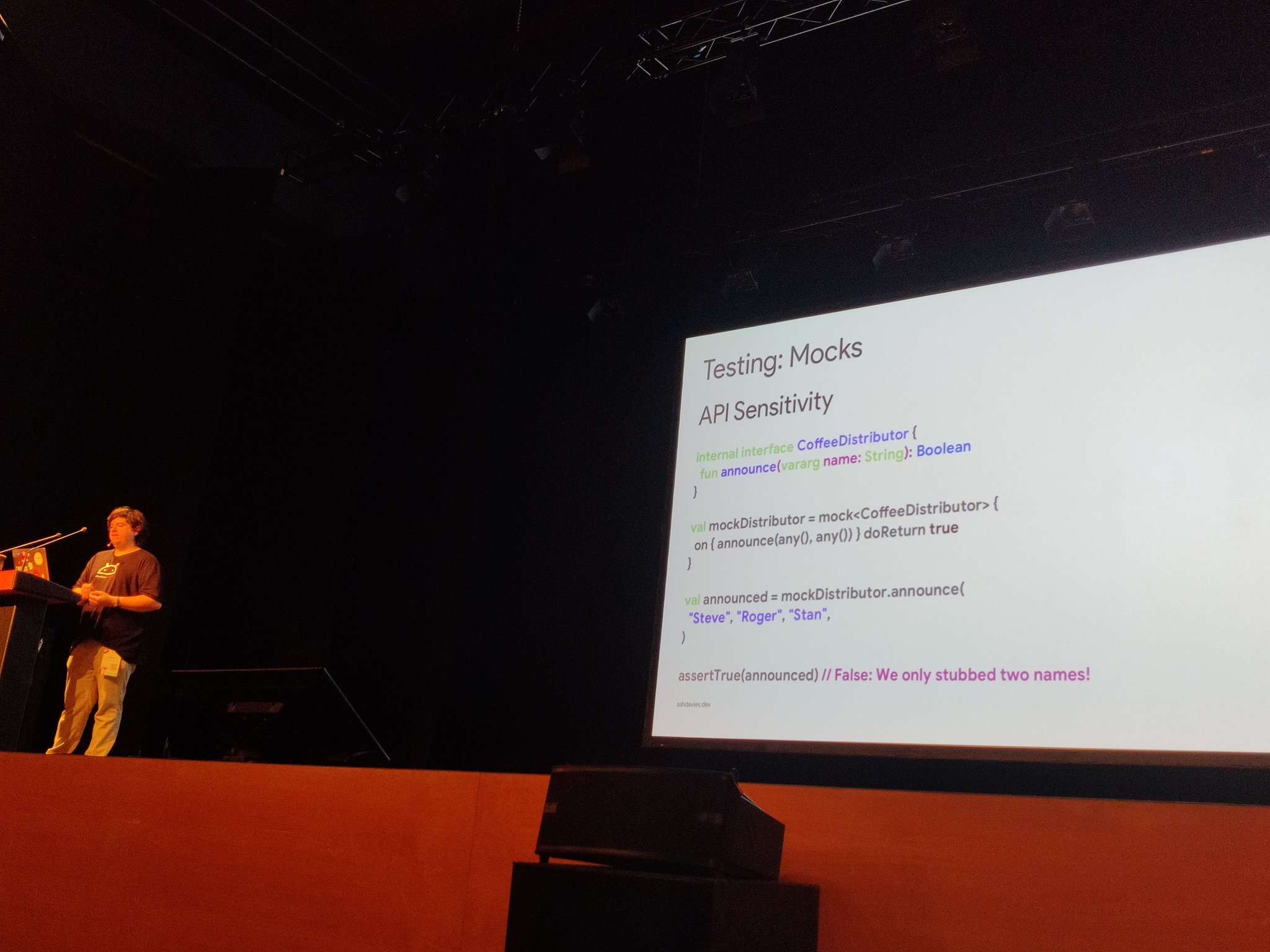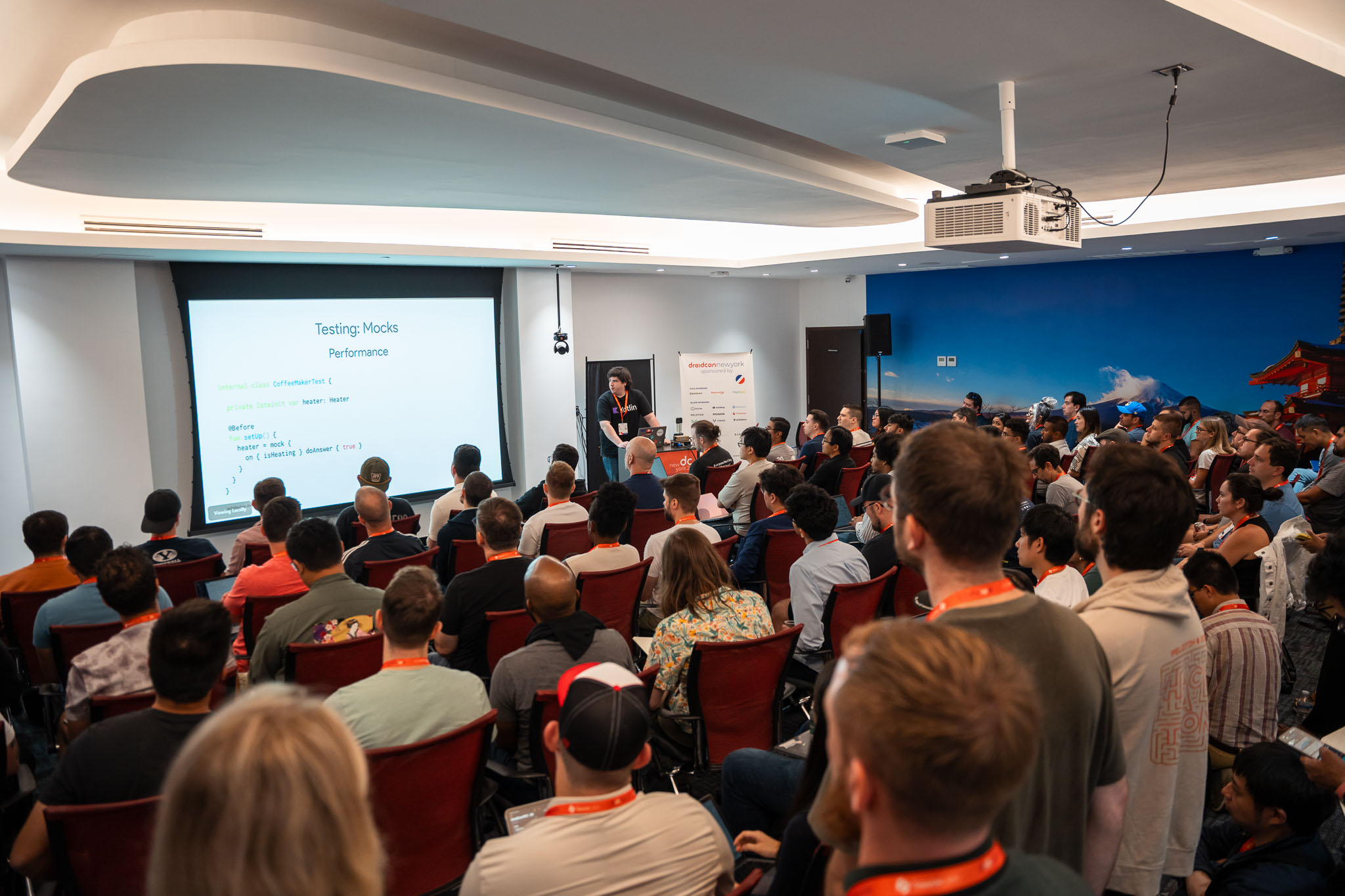
Beyond the UI: Compose as a Foundation for Multiplatform Apps
Much in the same way that Coroutines revolutionized reactive architecture, Compose challenges us to rethink how we design applications. While traditionally seen as a UI toolkit, Compose — and specifically Compose Multiplatform — can play a much larger role in our applications. By leveraging its declarative and state-driven nature, we can build, model, and manage application state in a way that is consistent, scalable, and platform-agnostic.
